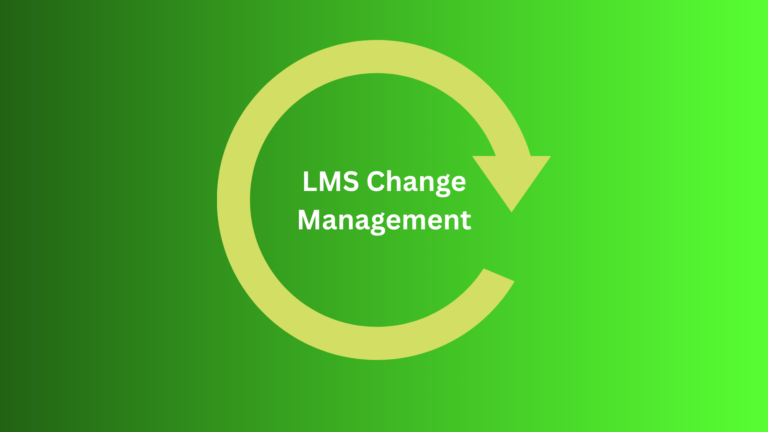Companies are under increasing pressure to comply with a wide range of laws and regulations, from data protection to environmental standards. To help businesses stay on top of their compliance obligations, it’s essential to track key performance indicators (KPIs) that measure how well they are meeting their compliance goals. Here are ten KPIs for compliance in 2024 that companies should consider:

Why compliance is important?
Compliance is crucial for organizations because it helps ensure that they operate within legal and ethical boundaries and minimize the risk of facing legal and financial penalties. Here are some reasons why compliance is important:
1. Legal obligations
Every organization has legal obligations that must be met to avoid facing legal sanctions, including fines and reputational damage. Compliance helps businesses to meet these obligations and minimize the risk of legal action.
2. Reputation management
Compliance also plays a critical role in managing an organization’s reputation. Businesses that fail to comply with regulations or ethical standards can damage their reputation, leading to a loss of customer trust, investor confidence, and business partners.
3. Risk mitigation
Compliance helps businesses identify, assess, and mitigate risks that may arise from their operations, products, or services. By being aware of these risks, organizations can take measures to prevent them from occurring or minimize their impact if they do occur.
4. Ethical responsibilities
Compliance is essential for maintaining ethical business practices. Organizations that fail to comply with regulations or industry standards risk damaging their reputation and losing customer trust, which can have a long-term impact on their business.
5. Competitive advantage
Companies that comply with regulations and industry standards gain a competitive advantage in the market. This is because they are seen as trustworthy and reliable by customers, investors, and business partners.
What are the top 10 KPIs?
Let us now discuss the KPIs you need to see in 2024 that will help your business stay on track.
1. Compliance risk assessment completion rate
This KPI measures the percentage of compliance risk assessments that are completed on time. Compliance risk assessments are essential for identifying potential compliance risks and taking steps to mitigate them. A high completion rate indicates that a company is taking its compliance obligations seriously.
2. Compliance training completion rate
Compliance training is crucial for ensuring that employees understand their compliance obligations and know how to meet them. This KPI measures the percentage of employees who have completed their compliance training on time.
3. Data breach incident response time
Data breaches can have severe consequences, from financial loss to damage to a company’s reputation. This KPI measures the time it takes for a company to respond to a data breach incident, from the time of discovery to the initiation of a response plan.
4. Employee whistleblower reports
Whistleblower reports can help companies identify potential compliance violations and take steps to address them. This KPI measures the number of whistleblower reports received by a company, indicating how effective its whistleblower policy is in encouraging employees to report concerns.
5. Compliance audit findings
Compliance audits are essential for identifying potential compliance violations and ensuring that a company is meeting its obligations. This KPI measures the number and severity of compliance audit findings, indicating how well a company is meeting its compliance obligations.
6. Vendor compliance rate
Many companies rely on vendors to provide goods and services, and it’s essential to ensure that these vendors are meeting their compliance obligations. This KPI measures the percentage of vendors that are meeting their compliance obligations.
7. Environmental compliance rate
Environmental regulations are becoming increasingly stringent, and companies need to ensure that they are meeting their environmental obligations. This KPI measures the percentage of environmental compliance obligations that are met, from waste disposal to emissions control.
8. Regulatory reporting accuracy
Regulatory reporting is essential for ensuring that companies are meeting their compliance obligations, and accuracy is critical to avoid penalties and fines. This KPI measures the accuracy of regulatory reporting, indicating how well a company is meeting its reporting obligations.
9. Compliance policy adherence
Compliance policies are essential for ensuring that employees understand their compliance obligations and follow the correct procedures. This KPI measures how well employees are adhering to the company’s compliance policies.
10. Compliance cost per employee
Compliance can be expensive, from compliance training to audits and regulatory reporting. This KPI measures the cost of compliance per employee, indicating how efficiently a company is managing its compliance obligations.
Let us conclude
In conclusion, tracking KPIs for compliance is essential for companies to meet their compliance obligations and avoid penalties and fines. By monitoring these 10 KPIs, companies can identify potential compliance risks and take steps to address them, demonstrating their commitment to meeting their compliance obligations.
Explore Acadle for more!!



